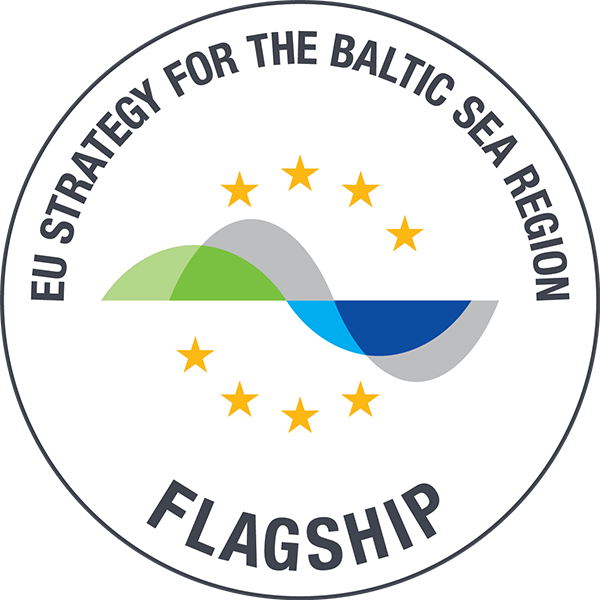The Lessons Learned activity assesses the progress in the work of the Pan Baltic Scope project. Since the project beginning, Pan Baltic Scope has been a great collaborative transboundary environment for learning and co-creation of knowledge in MSP in the Baltic Sea Region. First results show that it has been beneficial to improve the alignment of national MSP plans from countries around the Baltic Sea Region. For the next months of Pan Baltic Scope collaboration a few challenges remain to be tackled.
Assessing Lessons Learned – Why, who and how?
In December 2018, Nordregio launched the second and final survey of the Lessons Learned activity. The questionnaire builds upon the structure of the 1st survey conducted at the beginning of the project and contained specific questions regarding all WPs. The main motivation of the lessons learned team was to explore whether partners felt they made good progress. Are the objectives of each WP outlined in the first survey well met? Did the objectives change? What are potential challenges WPs encountered and had to solve? How does work across activities and WPs unfold? Additional questions on stakeholder mobilization and the individual role of each planner and expert in the project were also asked. More than 30 respondents from the Pan Baltic Scope partnership followed the invitation and filled in the questionnaire.
Aims and objectives are well met – Understand each other, think together and share knowledge
Overall, respondents argued that the Pan Baltic Scope has met the main aims and objectives each WP set out at the start of the project. The exchange of information is regarded as the most essential contribution of the project, fostering increased learning among partner institutions and the identification of shared cross-border issues.
Work in the project contributed to a better understanding of national MSP processes. Respondents noted it was particularly useful working together to define key MSP concepts as finding a shared understanding will help create coherence among national plans. One planner argued that while it was too early for the project to influence national plans, Pan Baltic SCOPE had “already contributed to coherent thinking and method development”.
Future challenges – improve cooperation with stakeholders and work across WPs
Respondents pointed out that cooperation between planning authorities and sectoral actors, and the integration of different stakeholder into MSP processes, was still a challenge and improvements could be made. Existing collaboration structures should be utilised and public awareness for MSP needs to be increased. Planners argued that careful consideration on when to include stakeholders in transboundary MSP activities, with key issues need to be addressed, including:
- Identify for what, how, when & whom to involve / address only the correct stakeholders
- Showing them that their needs are heard. Not only will they be listened to but show them that their input has also resulted in something.
- Specific problems (e.g. a OWF case)
Collaboration across WPs and activities worked well, but a lack of time and resources remains a perpetual challenge for project work. The large number of activities within the project and the small number of people involved meant there was often many dishes but not enough chefs.
Main Lessons Learned – with small steps to good results
The main lesson learned is that Pan Baltic Scope provides partners with a good collaborative environment where both group and individual learning can flourish. While there is only one MSP Directive and very different MSP approaches across countries, Pan Baltic Scope creates a valuable network of planners and experts to tackle transboundary planning issues. While MSP at a regional level in the BSR is still in its infancy, platforms like Pan Baltic Scope help coordinate different regional approaches to MSP and establish long lasting mechanisms for transboundary collaboration. As one planner noted: “systematic work with small steps brings good results.”




